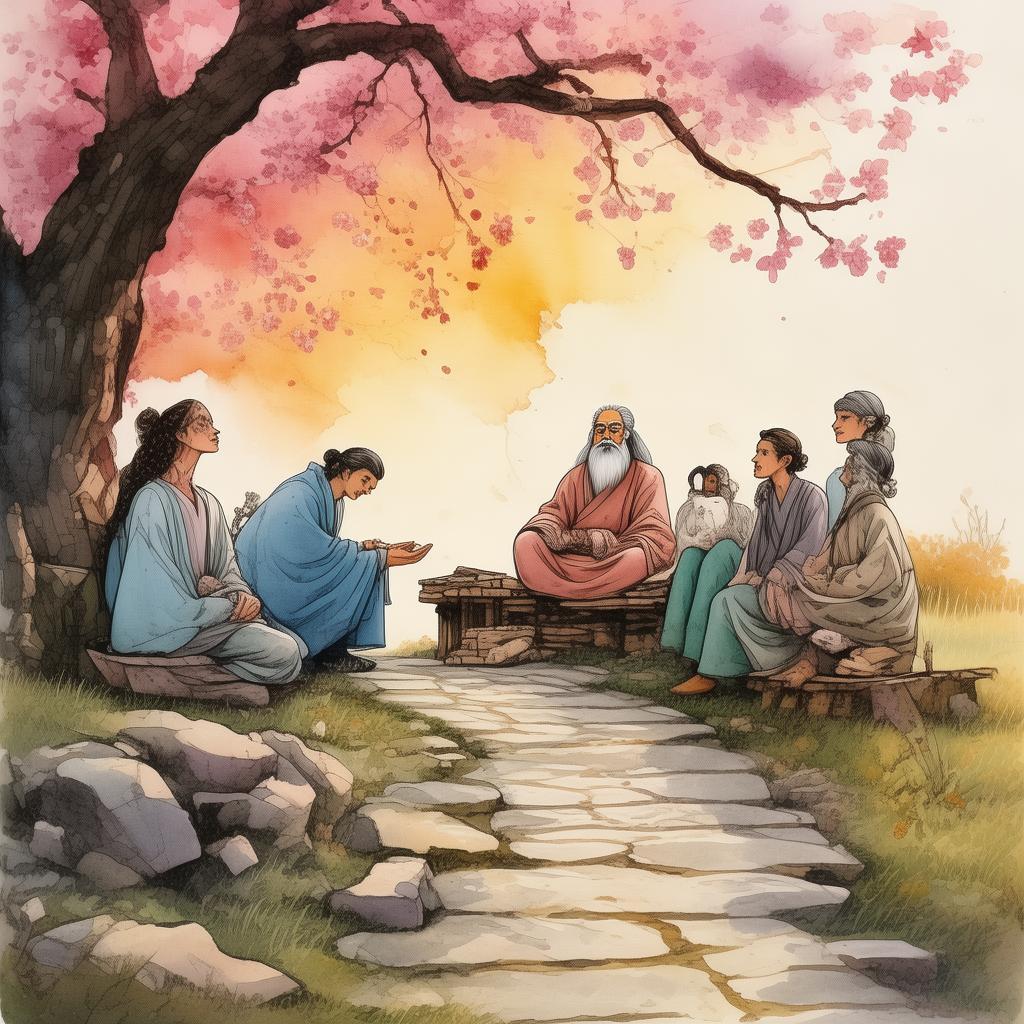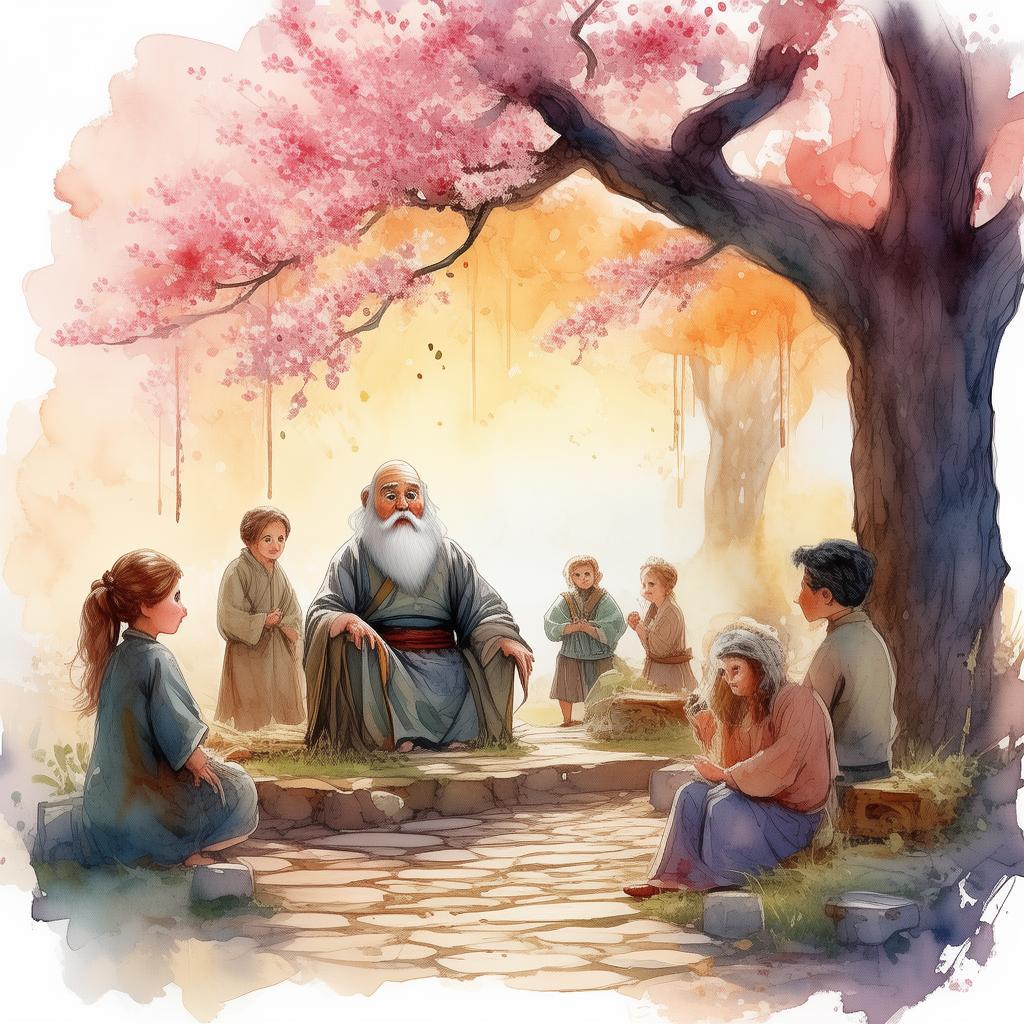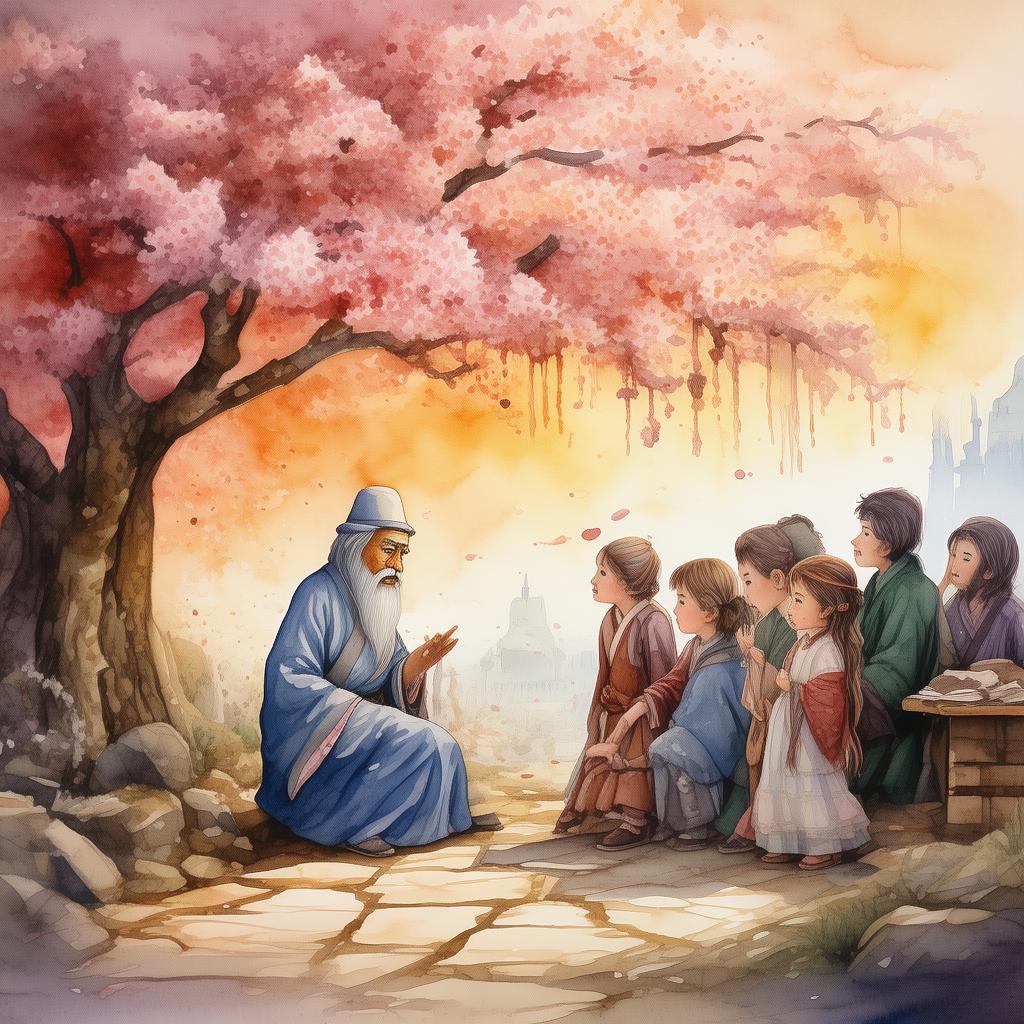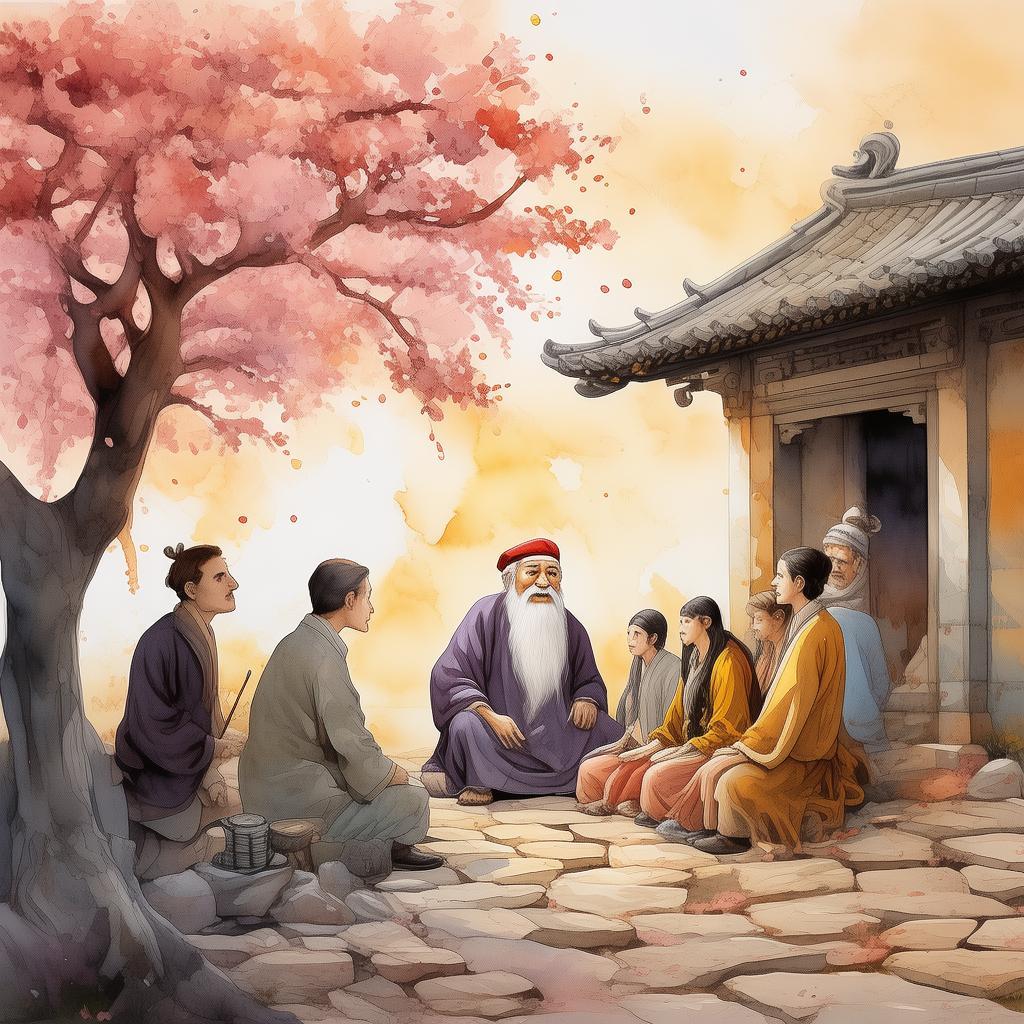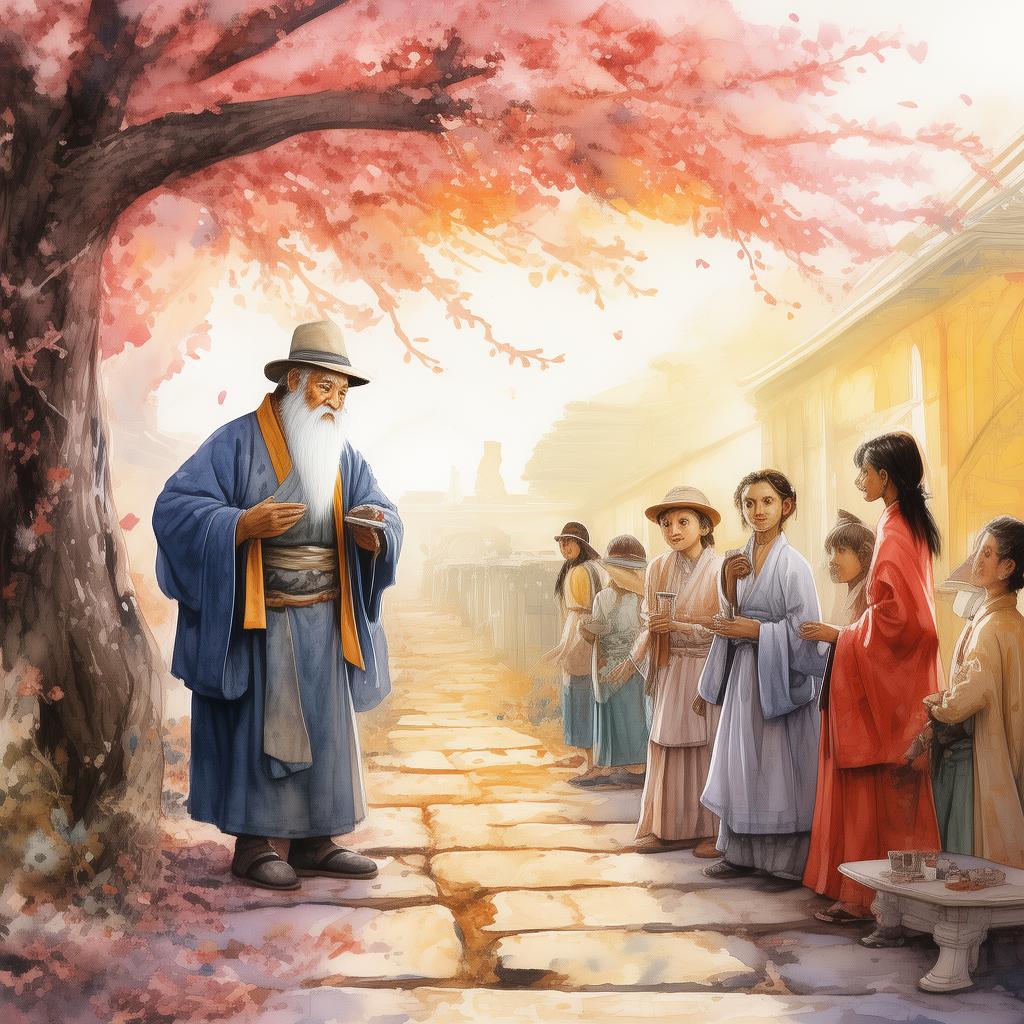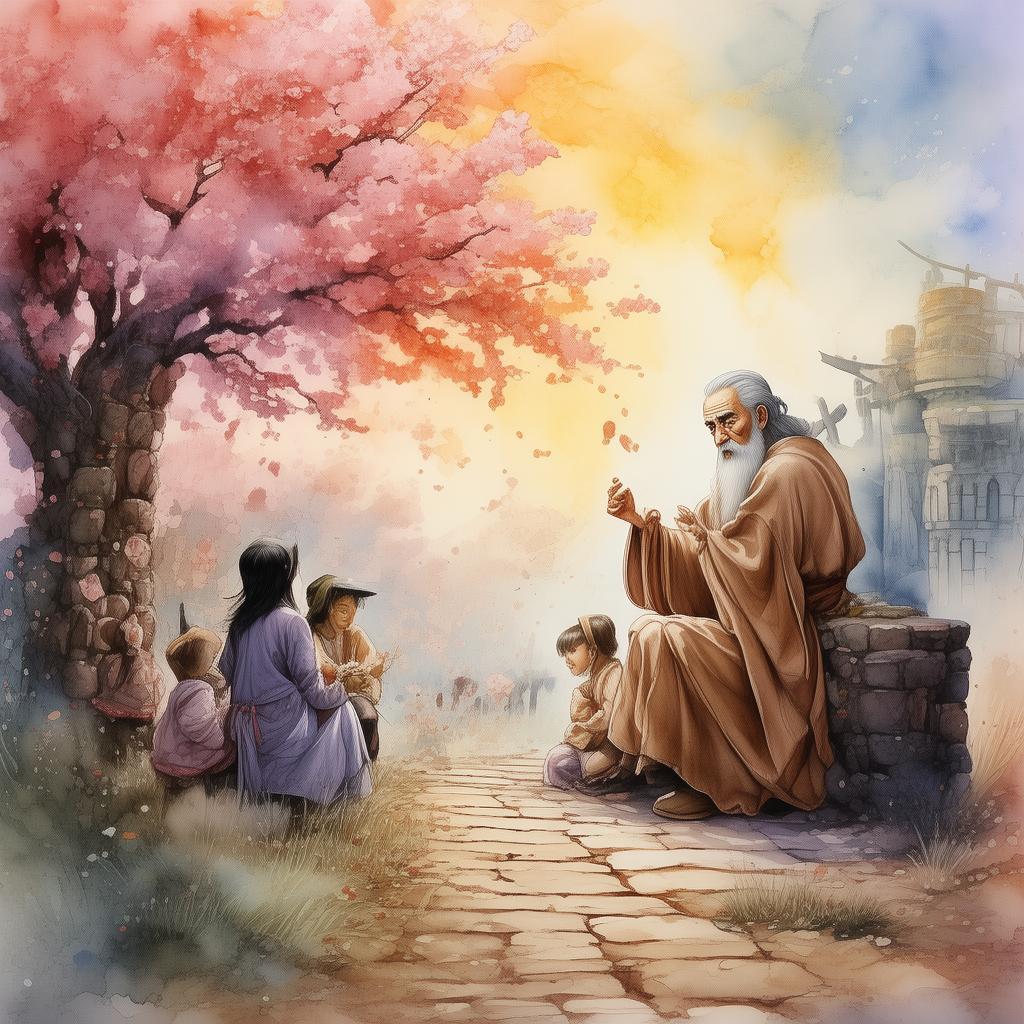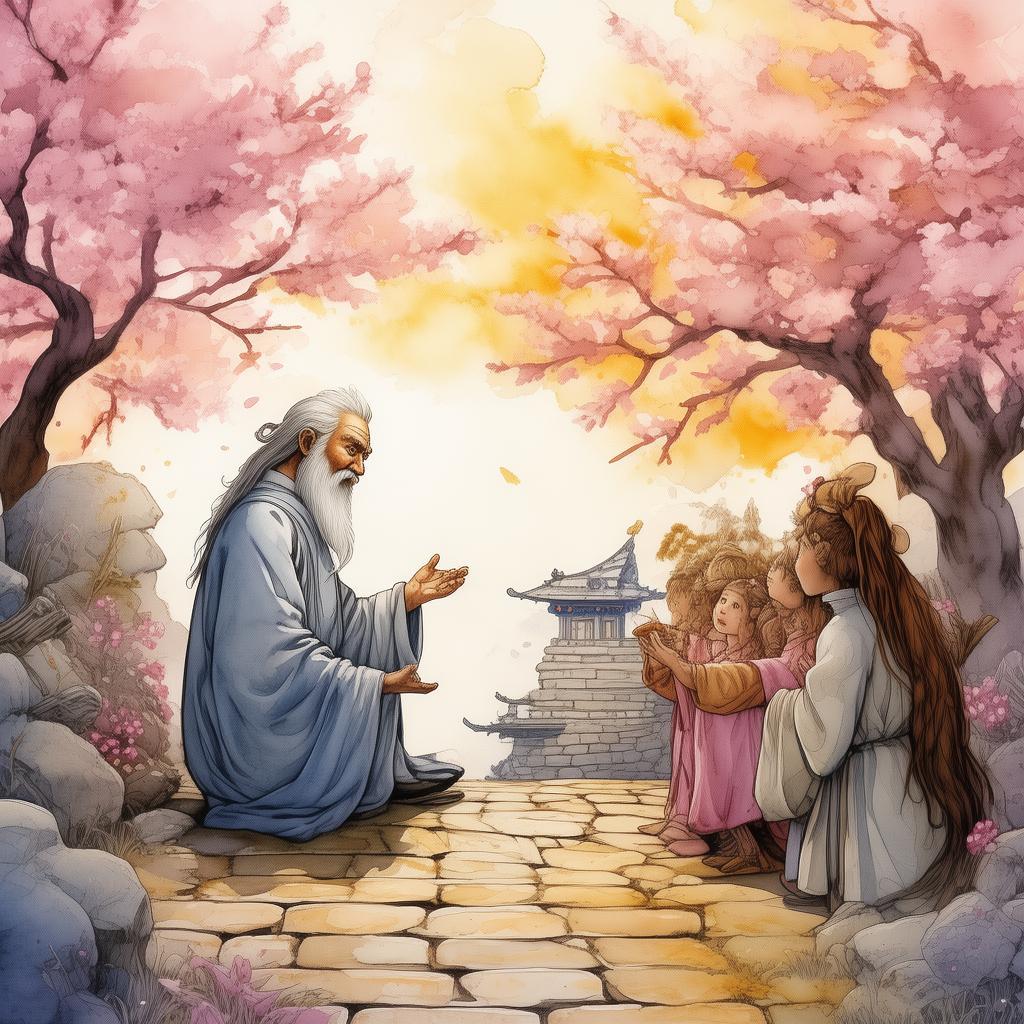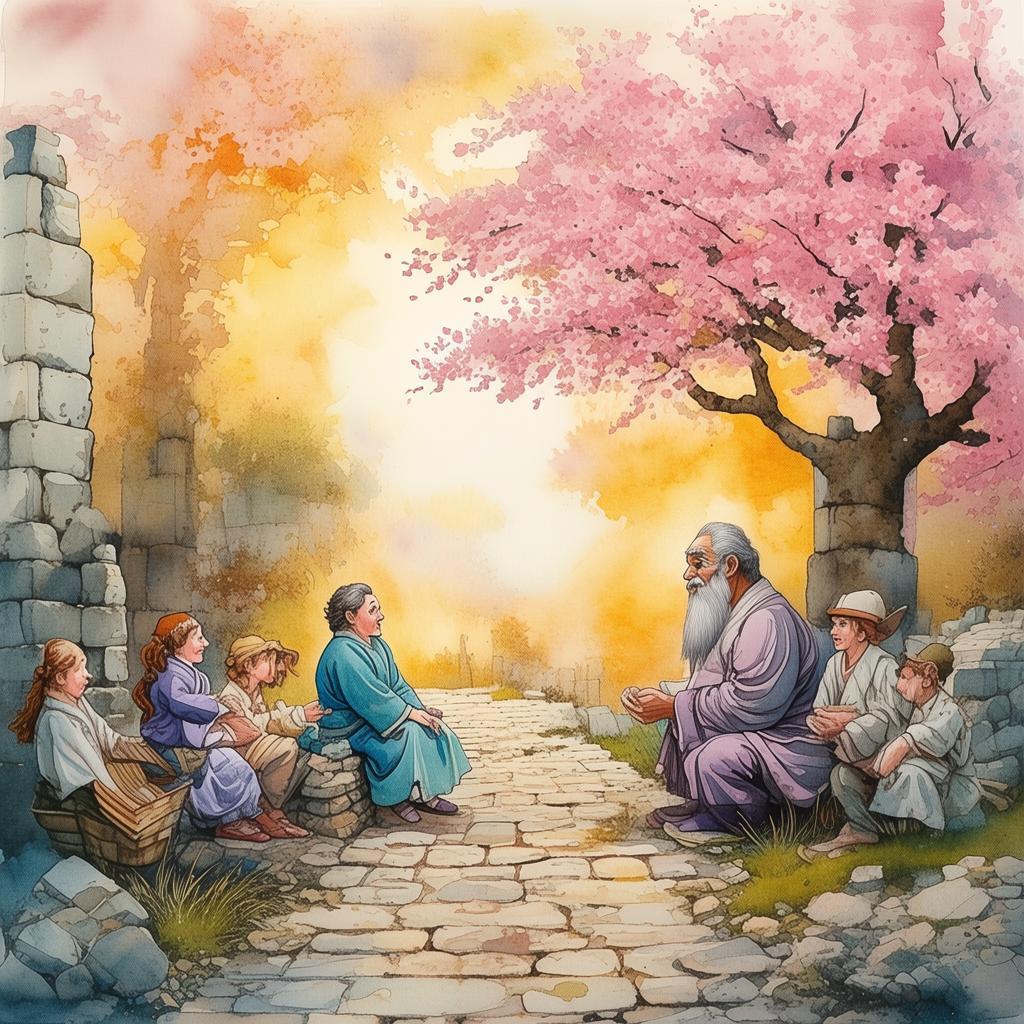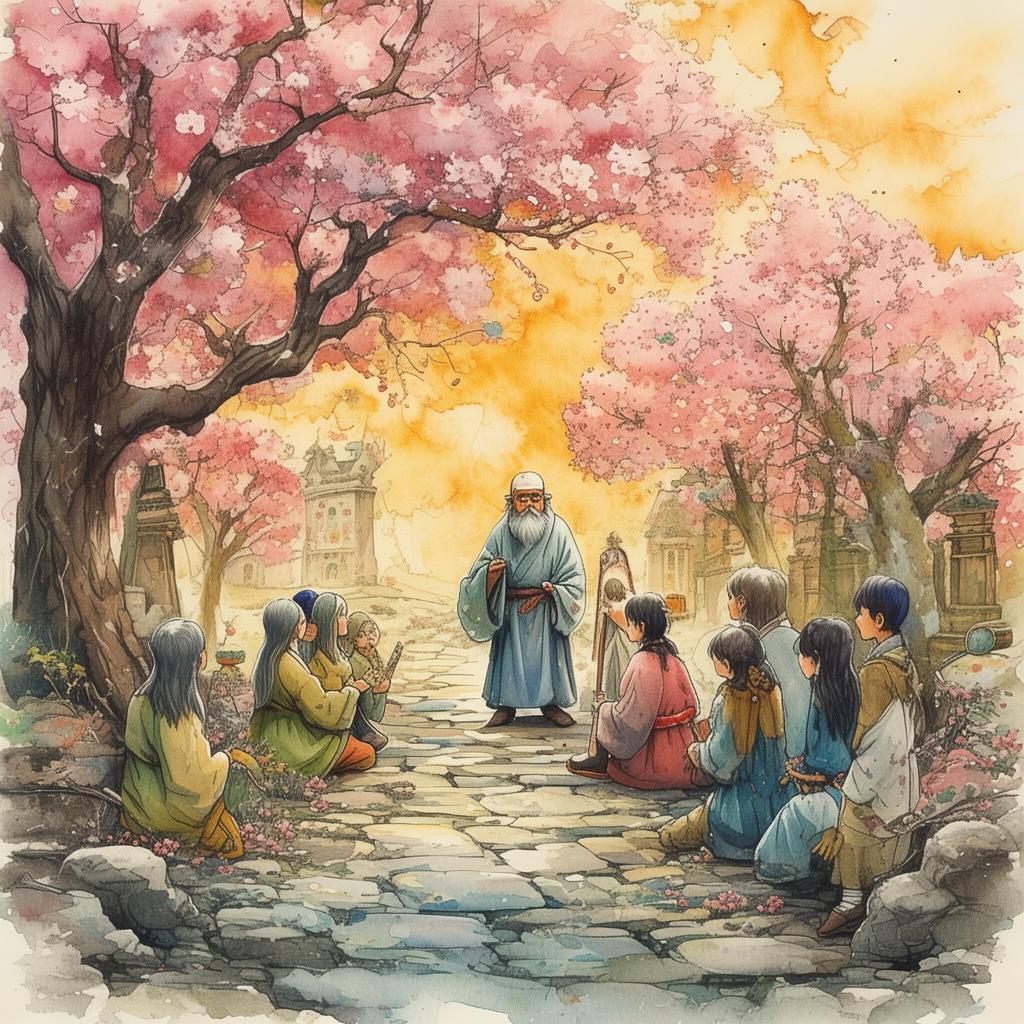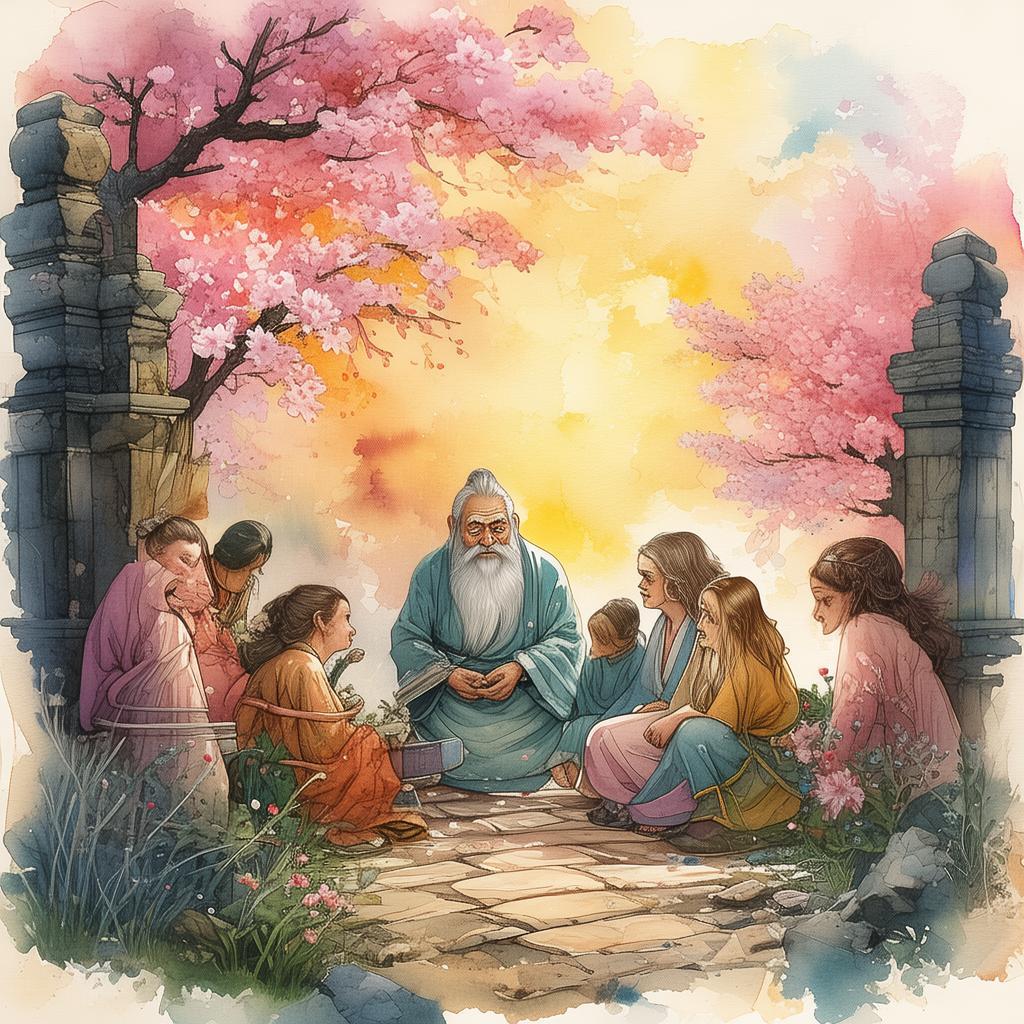The Labyrinth of Deceit: The Forbidden City's Ultimate Heist
In the heart of the ancient Chinese capital, where the sun never sets, lay the enigmatic Forbidden City. Its walls were high, its guards ever-vigilant, and its treasures untold. Among the many who gazed upon the city's splendor was a thief named Hua, a man whose heart was as dark as the night and whose mind was a labyrinth of deceit.
Hua had heard tales of the Golden Labyrinth, a treasure so precious that it was said to be the key to eternal life. It was said to be hidden within the Forbidden City, guarded by the most cunning and fearsome of the imperial guards. But Hua was not deterred; he was a man who thrived on the impossible.
The night of the heist was clear and starlit, a perfect backdrop for a tale of treachery. Hua, dressed in robes that blended seamlessly with the shadows, slipped into the city under the cover of darkness. His path was lit by lanterns that flickered with the promise of danger.
As he navigated the labyrinthine alleys, Hua encountered the first of many challenges. The city was alive with the whispers of the guards, and every corner held the potential for capture. But Hua was a master of stealth, and he moved with the grace of a cat.
The Golden Labyrinth was a series of rooms, each more intricate and guarded than the last. The first room was a simple puzzle, a riddle that Hua solved with ease. But as he moved deeper into the labyrinth, the challenges grew more complex.
In the second room, he encountered a guard who was not what he seemed. The guard, a man named Tian, spoke in riddles and offered clues that seemed to lead nowhere. Hua, however, saw through the ruse. Tian was a decoy, a guard who had been compromised by the thief's own mastermind.
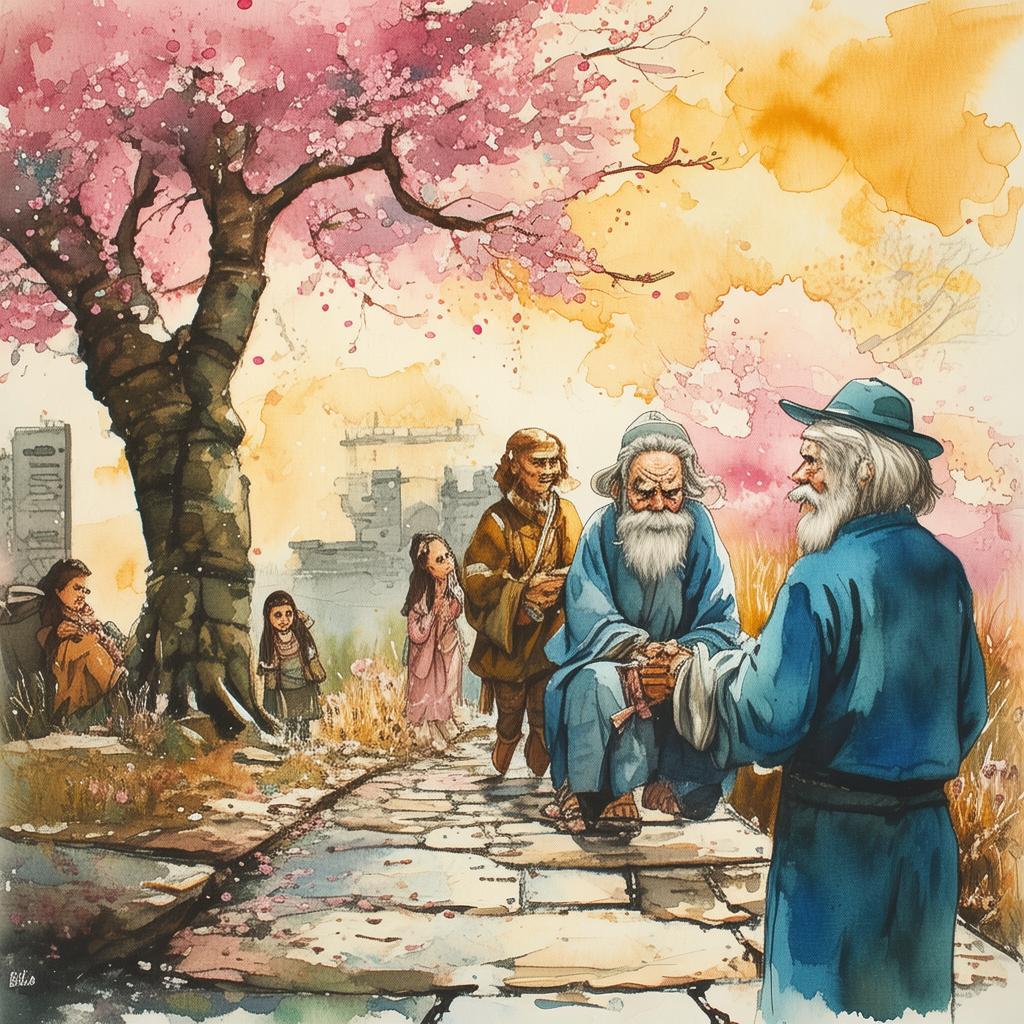
Hua's next challenge was the most daunting: the final room, where the Golden Labyrinth was said to be hidden. The door was locked with a combination of locks, each requiring a unique key. Hua had been told that these keys were the only way to unlock the treasure.
As he worked to find the keys, Hua was confronted by the most fearsome guard of all, a man named Feng. Feng was a master of martial arts and a mastermind in his own right. He challenged Hua to a duel, but Hua, with a swift and clever move, disarmed him and continued his quest.
In the end, it was not the locks or the guards that defeated Hua. It was his own ambition. As he reached the final key, he realized that the Golden Labyrinth was a metaphor for his own life. The treasure was not gold or jewels, but the satisfaction of his own cunning and skill.
With the key in hand, Hua opened the door to the final chamber. Instead of gold and jewels, he found a mirror. In the reflection, he saw not a thief, but a man who had overcome his own fears and desires.
The heist was a success, but Hua left the Forbidden City with nothing but the knowledge that true treasure lies within oneself. The Golden Labyrinth was a lesson in humility and self-discovery, a story that would be told for generations.
As Hua disappeared into the night, the guards of the Forbidden City were left to ponder the mystery of the thief who had outsmarted them all. And so, the legend of the Labyrinth of Deceit was born, a tale of cunning, bravery, and the depths of human ambition.
✨ Original Statement ✨
All articles published on this website (including but not limited to text, images, videos, and other content) are original or authorized for reposting and are protected by relevant laws. Without the explicit written permission of this website, no individual or organization may copy, modify, repost, or use the content for commercial purposes.
If you need to quote or cooperate, please contact this site for authorization. We reserve the right to pursue legal responsibility for any unauthorized use.
Hereby declared.
